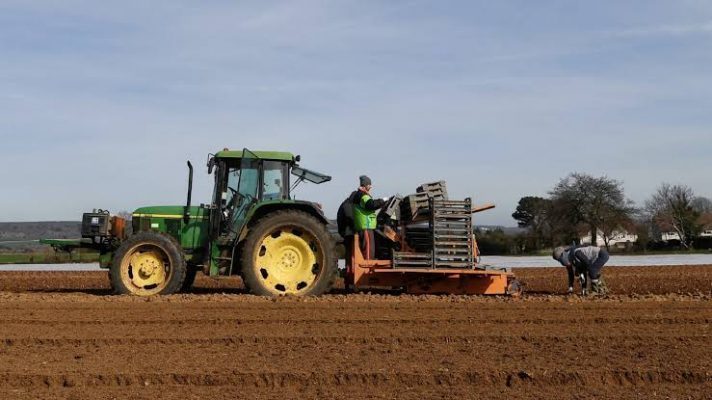The Department of Agriculture’s Black Economic Empowerment requirements (BEE) for farmers’ applications to export fresh produce under the Economic Partnership Agreement with the United Kingdom (UK) and Ireland, and the Competition Commission’s report on competitiveness in fresh produce markets, create extreme uncertainty and confusion among farmers and has a damning impact on food security.
The department’s BEE requirements are extremely harmful, unconstitutional and inconsistent with international trade agreements. Saai corresponds with the World Trade Organisation (WTO) to make the governments, that are parties to the agreement, aware of the content of the WTO’s rules regarding racial discrimination and the Universal Declaration of Human Rights. Further complaints may arise from this.
The department took shortcuts with a public consultation process and farmers suspect that they do not want to answer the most basic questions about the BEE requirements. This includes questions such as:
- How does one apply BEE to a family farm?
- What are the moral grounds to prevent a family from trading with their farm products based on race?
- What are white farmers supposed to do with their fresh products if they are not allowed to export it?
- What are the figures and amounts that come into play if white farmers cannot export their goods?
- How many rural work opportunities will be jeopardized if white farmers are denied export licenses?
This department already took shortcuts in 2013 when the BEE Charter Council failed to clear up a seven-year dispute over BEE requirements on land claim farms. The council agreed that farms that have land claims on them can hardly attract black investors who are not part of the claimant community and should therefore be exempted from BEE requirements. Their failure creates an impossible situation for affected farmers. The council would also provide clarity on what exactly is expected of a family farm in terms of BEE requirements. Should private relations be manipulated, should white farmers produce less and if so, how much less? Or should black farmers’ products be preferred on markets over white farmers’ products?
Neither the council, nor the department or the minister responded to questions about this.
South Africa has been a nett exporter of food for decades, but this food security status is not guaranteed.
Every crop that a farmer plants is a high-risk investment. The department’s BEE requirements show that they have no understanding of the conditions and challenges of agricultural investments. Investors are looking for certainty and transparency and the department is creating uncertainty and confusion with its BEE requirements.
The Competition Commission’s report on access to fresh produce markets exacerbates this and speaks of a fundamental lack of understanding of how the agency system on fresh produce markets works. It is a unique environment where a first entrant to agriculture, who produces vegetables or fruit in his garden, can compete on the same day with the biggest mega farmer on an equal level.
Buyers of fresh produce consider quality and price, not the race, gender or age of the producer. The commission should have appointed a team of economic experts to compile the report, and not a team of racially obsessed political activists.
The recommendations of the competition commission will ironically create an uncompetitive environment!
South Africa cannot afford to gamble with food security








